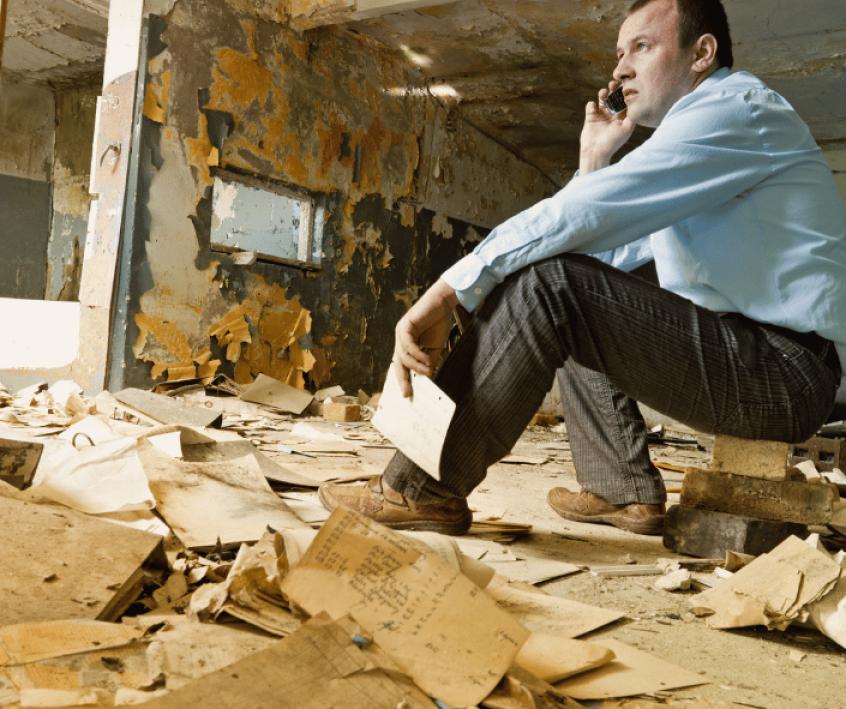
Bankruptcy is often associated with fear of losing everything but the truth is, many assets are protected under bankruptcy law. Whether you file for Chapter 7 or Chapter 13, you may be surprised at how much of your property you’re allowed to keep. Understanding how asset protection works can help you move forward with confidence.
Bankruptcy exemptions are laws that allow you to protect certain types of property from being taken by the court or sold to pay off creditors. These exemptions vary depending on the type of bankruptcy you file and are usually based on what is considered necessary for everyday living.
Common exemptions typically cover:
Clothing and household goods
A certain amount of equity in your home (homestead exemption)
A personal vehicle, up to a specific value
Tools or equipment used in your profession
Retirement accounts and pensions
You don’t need to give up all your possessions to file for bankruptcy—exemptions exist specifically to help you maintain a basic standard of living.
Chapter 7 bankruptcy involves liquidating non-exempt property to pay creditors. But that doesn’t mean you’ll lose everything. Most people who qualify for Chapter 7 have few or no non-exempt assets, and therefore don’t have to give anything up.
If you do own valuable property that doesn’t fall under an exemptionsuch as a second home, a luxury vehicle, or high-value collectibles—those may be sold by the trustee handling your case. The proceeds go toward repaying your creditors, and the remaining eligible debts are discharged.
Chapter 13 bankruptcy allows you to keep all of your assets while you repay your debts over time. Instead of selling property, you agree to a structured payment plan lasting 3 to 5 years. Your plan must ensure that creditors receive at least as much as they would have if your non-exempt assets had been liquidated under Chapter 7.
This option is ideal for those who have a steady income and want to retain their home, car, or other valuable property while catching up on debt.
Even in Chapter 7, losing a non-exempt asset is not always guaranteed. Sometimes, the value of the property is so low that it’s not worth the time and effort for a trustee to sell it. In such cases, the trustee may abandon the asset, allowing you to keep it.
Additionally, some filers choose to "buy back" non-exempt property by paying the trustee its current value or negotiating a settlement.
Navigating bankruptcy exemptions and understanding what property is safe requires legal knowledge. A bankruptcy attorney can:
Help identify and apply the right exemptions
Advise on whether Chapter 7 or Chapter 13 better protects your assets
Help avoid unnecessary loss of property
Ensure that your filing is complete and accurate
Trying to handle your case without legal help increases the risk of mistakes, delays, or unexpected asset forfeiture.
Filing for bankruptcy doesn’t mean starting from zero. In most cases, your essential property like your home, car, and personal belongings can be protected. Understanding how assets are treated under bankruptcy law can give you peace of mind and help you make informed choices as you work toward financial recovery.